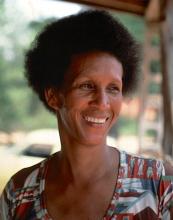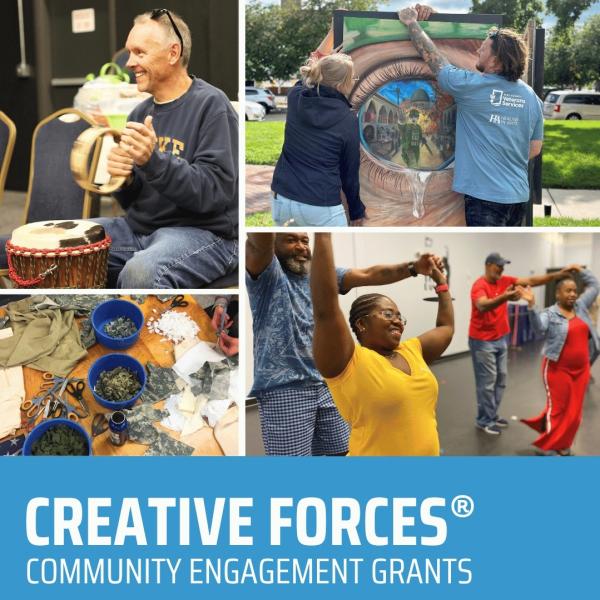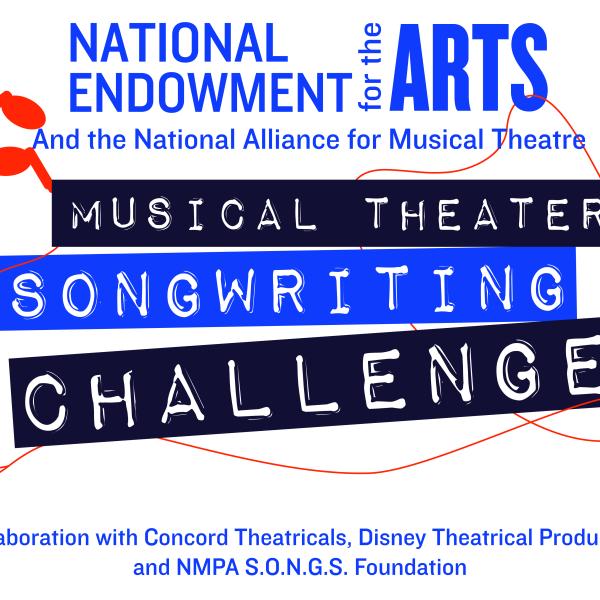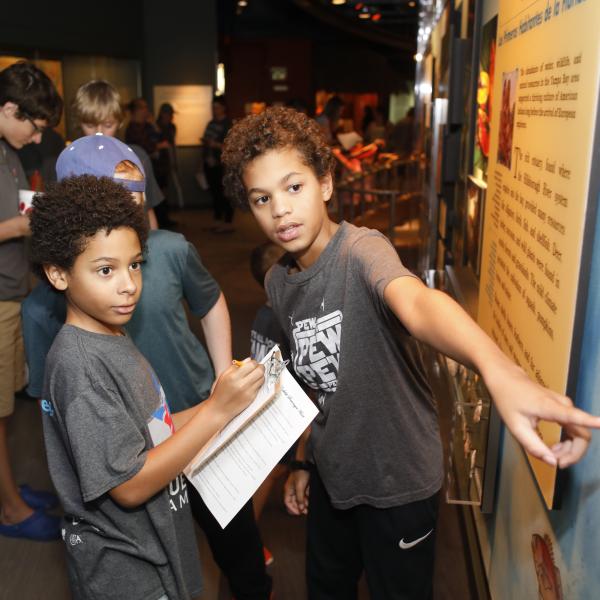NEA Chairman Rocco Landesman's Statement on the Death of NEA National Heritage Fellow Mozell Benson
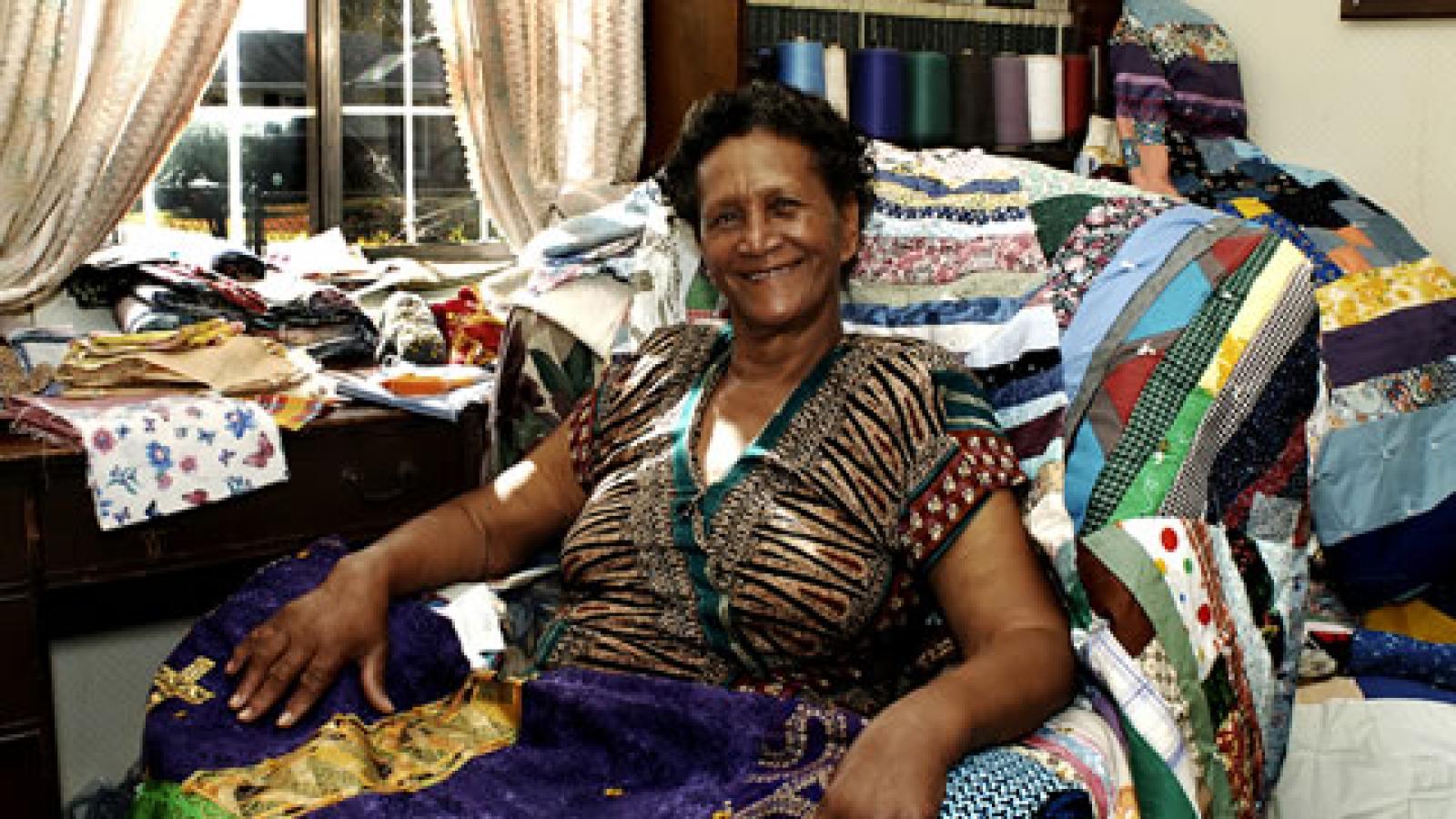
"On behalf of the National Endowment for the Arts, it is with great sadness that I acknowledge the passing of quilter Mozell Benson, recipient of a 2001 NEA National Heritage Fellowship. One only needs to look at the extraordinary quilts that Mozell produced during her lifetime to know that you were in the presence of a master. As quilt scholar Maude Wahlman once noted, Mozell's work was 'the visual equivalent of jazz or blues. She will take a basic pattern and then do variations on it just like a musician will do with a jazz piece." Mozell's enthusiasm and innate curiosity will be missed. We join many others in the quilting community and beyond in mourning her death while celebrating her life and lasting legacy."
Growing up the daughter of a sharecropper in rural Alabama with nine brothers and sisters, Mozell Benson learned early on from her mother that quilting was a craft of both beauty and necessity. While the layered quilt can provide needed warmth for a family member, its surface has the potential to become a brilliant statement, combining practical design and personal expressive freedom in the hands of a master.
For most of her life Mozell drove a school bus, but when she was not driving or tending to her large garden she was quilting, on average 20 quilts a year. Increasingly her quilts gained attention from museum curators and cultural specialists. Her quilts have appeared in three traveling exhibitions curated by Maude Wahlman: African American Quiltmakers, Signs and Symbols: African Images in African-American Quilts from the Rural South, and a third exhibit featuring only Mozell's work.
In 1985, Mozell demonstrated her art in four African countries, as a featured quilter in the African American Quiltmakers exhibit sent to Africa by the U.S. State Department. In response to her numerous accolades, she referred to herself as a "country quilter," who was merely doing what many others had done to keep their children and grandchildren warm. She always said that the hardest part about quilting was the necessity of sitting still while she was doing it.
Related Content
Contact
NEA Public Affairs
202-682-5570


